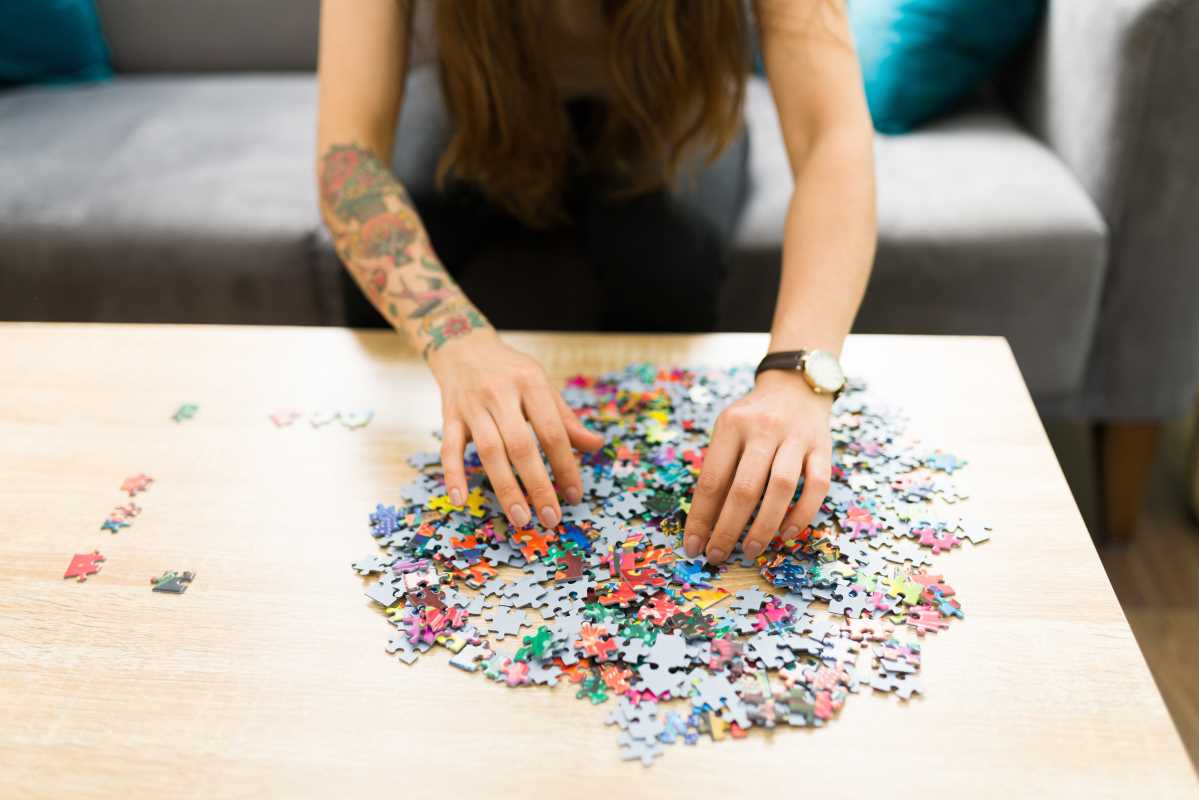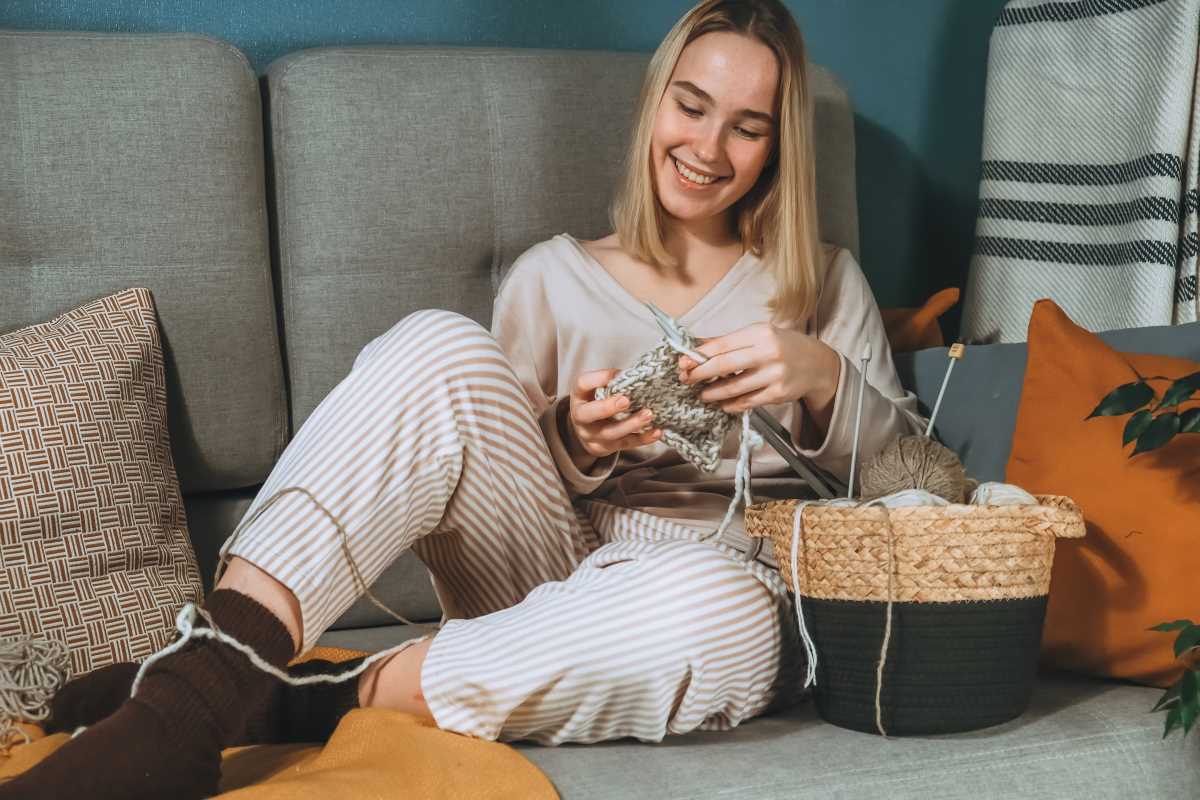Puzzles are more than just a great way to pass a rainy afternoon. Whether you’re piecing together a 1,000-piece jigsaw, filling in a crossword, or cracking the toughest Sudoku in the paper, puzzles are little workouts for your brain. And just like exercise keeps your body in shape, puzzles keep your mind sharp and resilient. The best part? They’re fun, challenging, and come with the satisfying bonus of completing something. If you’re wondering how exactly puzzles give your brain a boost, keep reading. The perks might surprise you.
Sharpening Your Memory
If you’ve ever tackled a jigsaw puzzle, you know it takes a good amount of focus. You’re constantly scanning pieces, remembering where certain colors or patterns are, and envisioning how they’ll fit together later. This process does wonders for your short-term memory. Your brain is keeping tabs on an overwhelming number of tiny details, which strengthens the connections between brain cells and helps improve recall.
Puzzles like crosswords and Sudoku offer a similar effect. When you’re filling in blanks or solving numbers, you’re constantly pulling information from your mental archives. Think about a crossword clue that asks for an actor from a 1987 movie. Your brain goes digging through stored names, movies, and random trivia to come up with the right answer. It’s this kind of mental scavenger hunt that keeps your memory in shape, making it easier to recall other details in your daily life.
Enhancing Problem-Solving Skills
Life’s full of problems to solve, so why not hone those skills in a fun way? Every puzzle you attempt is like a mini problem-solving workshop. Whether you’re figuring out where a puzzle piece fits or working out a tricky wordplay clue, you’re improving your ability to assess situations, find solutions, and stick with a challenge until it’s resolved.
Puzzles force your brain to think both critically and creatively. For example, Sudoku pushes you to analyze numbers, spot patterns, and think ahead. At the same time, jigsaw puzzles challenge your spatial reasoning, asking you to imagine how everything will come together. The more you practice solving puzzles, the better you get at managing obstacles—even when the “puzzle” is just regular life.
Reducing Stress and Improving Mood
There’s something so satisfying about getting lost in a good puzzle. That feeling of calm focus you slip into is actually great for your mental health. When you’re piecing together a landscape or solving a crossword, your brain shifts into a meditative state. Stress takes a backseat as your focus narrows to just the task at hand.
Not only does this help reduce anxiety, but completing a puzzle triggers a surge of dopamine, the brain’s feel-good chemical. It’s kind of like the buzz you get when you check a big task off your to-do list, but better. That little rush keeps you coming back for more challenges, which builds a positive feedback loop for tackling other tasks with less stress.
Keeping Your Brain Younger for Longer
Here’s the thing about puzzles everyone seems to love hearing: they can actually help your brain age more gracefully. Studies show that staying mentally active can reduce the risk of cognitive decline and help ward off problems like memory loss as you get older. Puzzles keep your brain cells firing on all cylinders, encouraging growth and maintenance even as years pass.
Crosswords, in particular, are often recommended for seniors as a way to keep verbal skills sharp, while logic games like Sudoku are great for maintaining critical thinking abilities. Even younger adults can benefit from these effects, giving their brains a head start on healthy aging. It’s like a long-term investment for your mind.
Building Focus and Determination
Raise your hand if you’ve spent hours attempting to finish a puzzle, only to return the next day because you just had to see it through. Puzzles have a way of exercising your ability to concentrate deeply and stay determined, even when the going gets tough. They push you to be patient, to slow down, and to work methodically toward a goal.
This “stick-with-it” attitude has a ripple effect on other parts of life, helping you stay focused and persistent at work, school, or your hobbies. Plus, the sense of accomplishment that comes with completing a challenge—even if it’s just a Sunday crossword or a tricky jigsaw—is pretty amazing.
Making Brain Work Feel Like Play
One of the best things about puzzles is that they make learning and improving your brain feel fun, not like a chore. There’s no boring “task list” or mandatory practice. You choose the type of puzzle you enjoy most and set your own pace. Whether you like the artistic beauty of jigsaw puzzles, the linguistic twists of crosswords, or the mathematical satisfaction of Sudoku, there’s something about puzzles that feels endlessly rewarding.
At the end of the day, puzzles aren’t just about finding the right piece or seeing all the blanks filled in. They’re about staying curious, engaging with challenges, and giving your brain a little love. So grab a puzzle, get comfortable, and enjoy knowing you’re doing your mind a big favor while having a great time.






